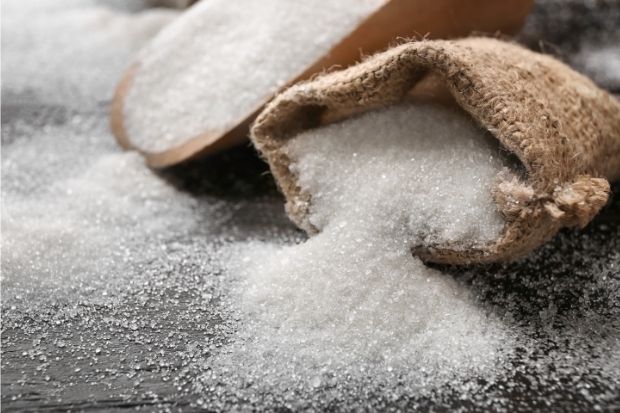Philippines to import fresh 440,000 MT of sugar
The board of the Sugar Regulatory Administration (SRA) unanimously approved the plan to bring in 440,000 metric tons (MT) of refined sugar to stabilize retail prices and shore up the country’s buffer stock.
Pablo Luis Azcona, who represents planters on the SRA board, said the sugar importation order was signed on Monday and would soon be transmitted to Malacañang for final approval.
Once President Ferdinand Marcos Jr. signs the order, the SRA can proceed with the importation that will be done in three tranches, with the first 100,000 MT expected to arrive by April at the latest.
Broken down, 200,000 MT will be allotted for consumer use—which also covers industrial users—while the remaining 240,000 MT will be set aside for the two-month buffer stock.
Based on the latest price monitoring of the Department of Agriculture, refined sugar is selling in Metro Manila for between P87 and P110 per kilogram from only P65 per kg a year ago.
Azcona said, however, that they expect sugar prices to go down to the P85 per kilogram level once the first batch of refined sugar arrives in the country.
“The idea of the government is to have the sugar in the country because it will stabilize everything. Everybody [will know] that we already have the sugar here in reserve,” he said.
Rising demand
The planned importation will also help meet the rising demand for the sweetener.
Azcona earlier estimated that the demand for sugar will hit 2.2 million MT this year, outstripping the projected local production of 1.831 million MT for crop year 2022-2023.
“We feel that the 440,000 MT is just right to cover this year’s lack of sugar. This will cover from now until we begin milling next year,” he added.
In the Philippines, the sugar cropping season begins in September and ends in August the following year.
Azcona said sugar reserves would be released in a “calibrated” manner so that the imported sugar won’t affect the livelihood of domestic producers.
“We will not release all of it at once. [Otherwise], it will [lead to] hoarding. This happened the last time and we learned from it,” Azcona said.
“The idea of keeping a buffer in the country and calibrated releases to the market [is that it] will ensure [that when] we need sugar, that’s the only time it will be released,” he added.
Manuel Lamata, president of the United Sugar Producers Federation, welcomed the proposed sugar importation, saying it would greatly benefit consumers.
“That’s the idea, the speculation in the market will be eliminated because of this. Prices should go down in the retail market,” said Lamata in a text message.
For their part, National Federation of Sugarcane Planters (NFSP) president Enrique Rojas said they would reach out to the SRA once the sugar order is released.
The NFSP, along with the Confederation of Sugar Producer’ Association Inc. and Panay Federation of Sugar Farmers, earlier recommended the importation of only 350,000 MT, which would arrive in two shipments of 175,000 MT each in July and August. INQ

